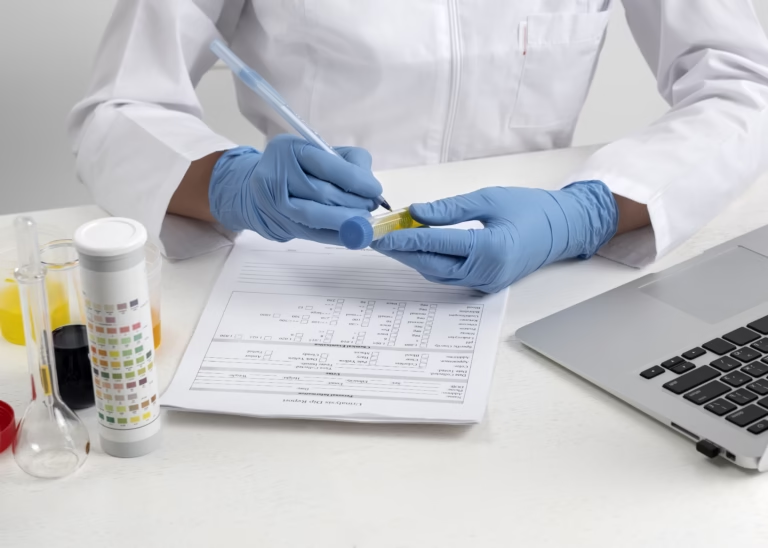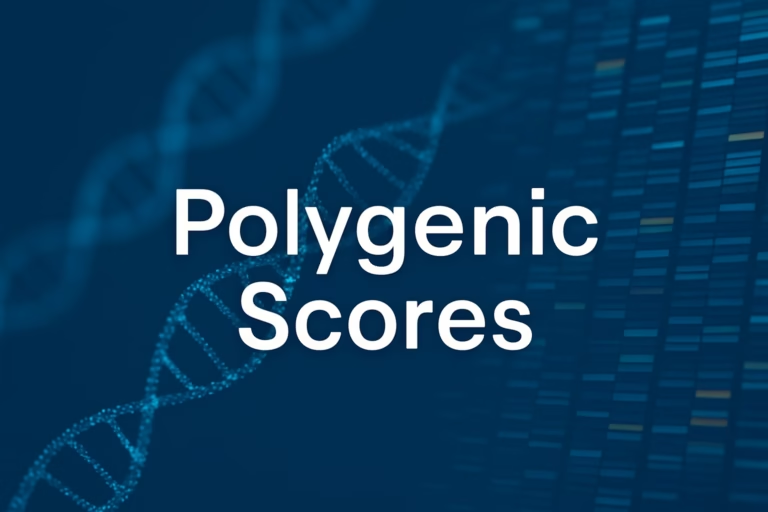Did you know that as recently as 2012, coverage for pharmacogenetic tests among commercial insurers was only 30%? This significant gap in insurance coverage highlights the challenges patients face in accessing pharmacogenomic testing, a crucial tool for personalized medicine. Let’s discuss what happens when insurance won’t cover pharmacogenomic testing.
Pharmacogenomic testing examines how an individual’s genetic makeup impacts their response to certain medications. By understanding the relationship between genes and treatment outcomes, healthcare providers can tailor medication choices to improve health outcomes for patients. For more information on the current state of insurance coverage for pharmacogenomic testing, visit the American Pharmacogenomics Association website.
Despite its clinical value, many patients are forced to explore self-pay options due to lack of insurance coverage. This article will explore the fundamental aspects of pharmacogenomic testing and provide practical strategies for accessing it when insurance won’t cover the costs.

Understanding Pharmacogenomic Testing and Its Value
Understanding how genetic factors influence an individual’s response to medication is crucial for effective treatment. Pharmacogenomics plays a significant role in this by helping healthcare providers tailor medication plans to a patient’s genetic makeup.
What Is Pharmacogenomic (PGx) Testing?
Pharmacogenomic testing is a type of genetic test that helps predict how a patient will respond to certain medications. It analyzes genetic variations to determine the most effective and safe treatment options.
How PGx Testing Improves Medical Treatment
PGx testing improves medical treatment by identifying genetic factors that affect how patients metabolize medications. For instance, some people may not properly convert certain drugs, such as Plavix, leading to reduced efficacy or increased risk of adverse reactions. By understanding a patient’s genetic profile, healthcare providers can choose the most appropriate medication and dosage, thereby enhancing treatment outcomes.
Who Can Benefit from Genetic Testing
Several groups can benefit from pharmacogenomic testing, including patients who have experienced adverse drug reactions or those taking multiple medications. Individuals with a family history of unusual drug responses or those from specific ethnic backgrounds with known genetic variations can also gain valuable insights. Moreover, vulnerable populations such as the elderly or those with impaired organ function can particularly benefit from this test.
- Patients who have had adverse reactions to medications can benefit from PGx testing to identify genetic causes.
- People on multiple medications can use PGx testing to optimize their treatment regimens and minimize drug interactions.
- Those with a family history of unusual drug responses can gain insights into their genetic predispositions.
Why Insurance Won’t Cover Pharmacogenomic Testing
Insurance coverage for pharmacogenomic testing can be a complex and challenging issue. While pharmacogenomic testing has the potential to revolutionize patient care by tailoring treatment to individual genetic profiles, insurance providers often have varying policies regarding its coverage.
Common Reasons for Insurance Denials
Insurance denials for pharmacogenomic testing often stem from a lack of standardization and clear guidelines. Some insurers may view certain tests as experimental or not medically necessary, leading to denials. Medicare, for instance, doesn’t provide preauthorization, leaving patients uncertain about potential financial responsibilities.
Insurance Coverage Disparities Among Major Health Plans
Different health plans have disparate coverage policies for pharmacogenomic testing. Some private insurers may cover certain tests, while others may not. This disparity creates geographic and demographic disparities in access to pharmacogenomic testing.
Medicare, Medicaid, and Tricare Coverage Policies
Government insurance programs like Medicare, Medicaid, and Tricare have different coverage policies. Medicare coverage varies by test and indication, while Medicaid policies differ by state. Tricare generally offers more comprehensive coverage. For example, Medicare coverage for pharmacogenomic testing is available under specific circumstances, but lacks preauthorization options, causing uncertainty for patients.
- Medicare coverage varies by test and indication, with some tests covered under specific circumstances.
- Medicaid coverage policies differ substantially from state to state.
- Tricare offers more comprehensive coverage for pharmacogenomic testing than many private insurers.
Understanding these nuances is crucial for patients seeking pharmacogenomic testing. By being aware of the coverage policies and potential out-of-pocket costs, patients can make informed decisions about their health care.
Cost Considerations for Self-Pay Pharmacogenomic Testing
When insurance doesn’t cover pharmacogenomic testing, understanding the costs involved is crucial for making informed decisions. Pharmacogenomic testing can provide valuable insights into how genes affect an individual’s response to certain medications, potentially improving treatment outcomes.

Typical Price Ranges for Different PGx Tests
The costs of pharmacogenomic (PGx) tests can vary significantly depending on the type and scope of the test. Basic tests that analyze a limited number of genes may be available for a few hundred dollars, while more comprehensive tests that examine a broader range of genes can cost several thousand dollars.
Factors That Influence Testing Costs
Several factors can influence the costs associated with PGx testing, including the technology used, the number of genes analyzed, and the complexity of the test interpretation. Additionally, the choice between a basic panel and a comprehensive exome sequencing test can significantly impact the overall cost.
Cost-Benefit Analysis: Long-Term Savings from Proper Medication
While the upfront costs of pharmacogenomic testing may seem substantial, research suggests potential long-term savings by avoiding ineffective medications and preventing adverse drug reactions. For instance, a study found that exome sequencing resulted in a diagnosis roughly 25% of the time, potentially leading to more effective treatment and improved patient care. For more information on pharmacogenomics and its benefits, patients can refer to resources such as this patient handout on pharmacogenomics testing.
By considering both the immediate expense and the potential lifetime value of the genetic information, individuals can make more informed decisions about their healthcare. The benefits of PGx testing extend beyond direct medical costs to include indirect savings from improved productivity and enhanced quality of life resulting from more effective treatment.
Practical Self-Pay Strategies to Access Testing
For individuals considering pharmacogenomic testing, several self-pay strategies can make this valuable health resource more accessible. Before proceeding, it’s advisable to contact your insurance provider to understand their coverage policies.
Several options can help make pharmacogenomic testing more affordable. These include exploring direct-to-consumer testing options, which often offer lower prices than traditional clinical laboratory tests. You can also consider targeted testing approaches that focus on specific genes relevant to your current medications or health conditions.
Other strategies include researching patient assistance programs, participating in research studies for potentially free or reduced-cost testing, and discussing staged testing with your healthcare provider. Utilizing health savings accounts (HSAs), flexible spending accounts (FSAs), or healthcare credit options can also help manage upfront costs.
It’s essential to remember that pharmacogenomic test results have lifetime value, informing treatment decisions and potentially saving costs on ineffective medications throughout your life.





